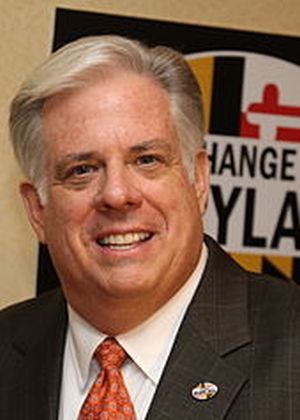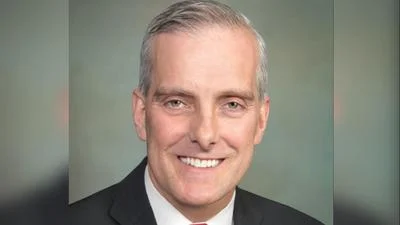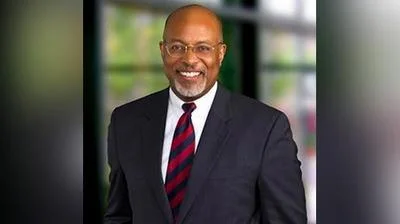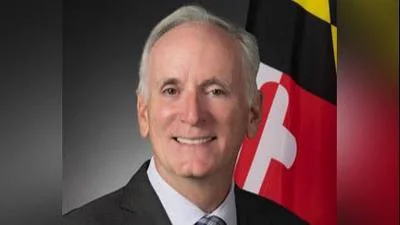Around 80,000 voters were forced to cast provisional ballots for the primary election today because of a computer programming error.
The Maryland Department of Transportation Motor Vehicle Administration initially reported Friday that voter information from nearly 19,000 voters who made changes in address and party affiliations using the MVA website and self-service kiosks since April 2017 was never received by the Maryland State Board of Elections. The actual number of affected voters was nearly four times that estimate.
“In our sense of urgency to inform the public given the close proximity of the primary election, the numbers that were initially reported did not accurately reflect the total scope of the people impacted,” MDOT MVA Administrator Christine Nizer said in a statement.
Gov. Larry Hogan
| Wikipedia
According to WBALTV, the State Board of Elections sent emails to the individuals impacted by the glitch.
Gov. Larry Hogan put together a team to ensure that the issue is being dealt with promptly.
“Our administration is obviously incredibly disappointed that this happened. What matters most is that every eligible voter will be able to vote, and every vote will be counted,” Hogan spokeswoman Amelia Chasse said in a statement, according to WBALTV. “The governor has directed the auditor for the Maryland Department of Transportation to conduct a comprehensive review of the situation and ordered MVA leadership to make themselves available for any legislative hearings.”
The Baltimore Sun reported that on Monday two Democratic legislative leaders, Sen. Joan Carter Conway and Del. Anne R. Kaiser, called for Nizer to resign and accused the Hogan administration of trying to “sweep this under the rug.”
The computer glitch came at a time when voters and officials are deeply concerned about the American election process, especially in light of reports of Russian hacking during the 2016 presidential election.
Besides the actual glitch in this case, some believe the very idea that provisional ballots aren’t counted until later on in the election could affect voter trust.
“A lot of people don’t believe that their provisional ballots are counted, even though they are,” said Damon Effingham, acting executive director of the government watchdog group Common Cause Maryland, according to The Baltimore Sun. “That is frustrating because it is one of many parts of the political process, whether right or wrong, that disenfranchises people in the sense that it disillusions them.”







 Alerts Sign-up
Alerts Sign-up